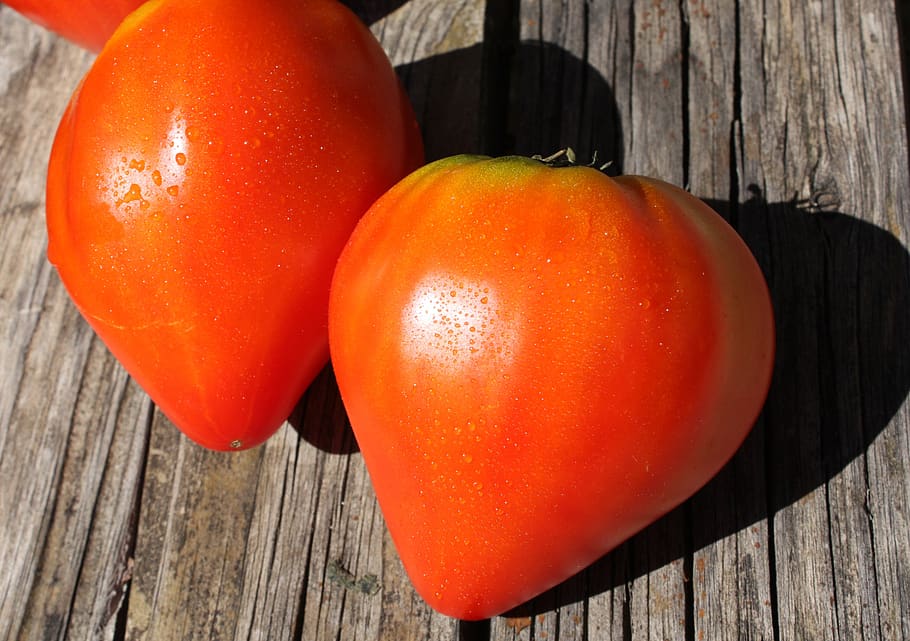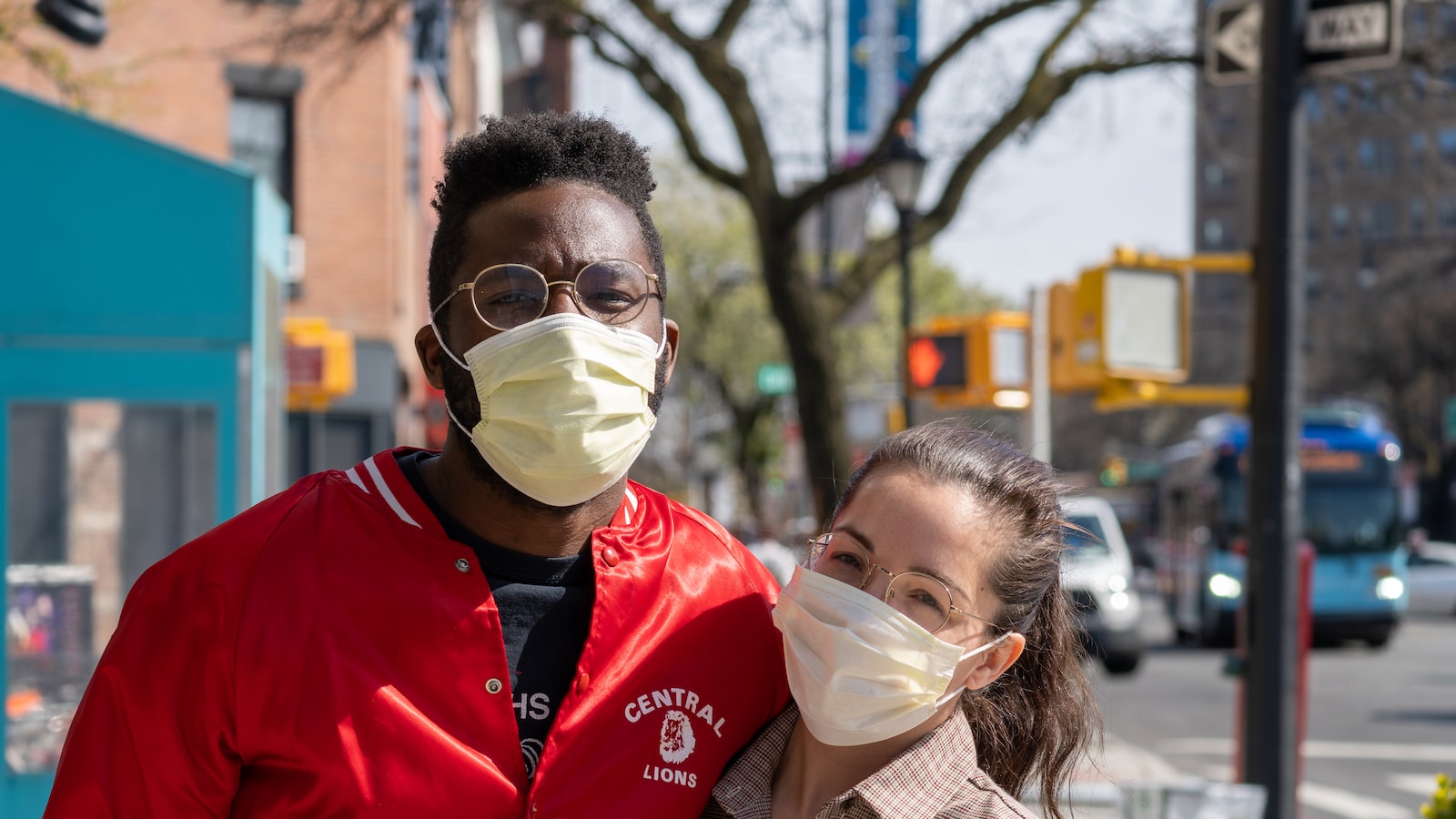Growing Peppers Indoors – Guidelines & Tips
Growing peppers indoors can be an incredibly rewarding experience! They can bring a lot of flavor and color to your dishes or go to spicing up a salad. If you want to add peppers to your home garden, you will need to understand the best way to do it. Here are some guidelines and tips to help you grow peppers indoors.
Choose the Right Containers
To give your peppers the best chance to thrive, you’ll need to choose a suitable container. For optimal growth, the container should be at least 8 inches in diameter and 12 inches deep, and preferably have holes at the bottom for drainage. It’s also important to consider the material of your container because metal and plastic materials may restrict root growth. Clay, wood, and fabric can all be great materials for growing peppers indoors.
Select the Correct Soil
For the best pepper plants, you’ll want to select the correct soil. A light and well-draining mix is ideal. It should contain organic matter, such as compost, to provide nutrients to the plants. Make sure to avoid using soil that is too compact, as this can lead to poor drainage and can cause waterlogging of the roots.
Ensure Adequate Light
Most pepper plants need at least 6 hours of direct sunlight every day to reach their full potential. If you’re growing them indoors, you’ll need to provide an artificial lighting system that emits the same type of light. Depending on the type of pepper you’re growing, you may need to rotate the pots while they’re under the lights to ensure that all sides of the plant receive adequate light.
Maintain Temperature and Humidity
Maintaining the proper temperature and humidity levels is crucial for successful pepper growth. The ideal temperature for pepper plants is between 65 and 80 degrees Fahrenheit. Keeping the humidity level between 40 and 50% will help keep your pepper plants healthy and encourage growth.
Fertilize Appropriately
Fertilizing your pepper plants is essential for healthy growth and maximum production of fruits. Most plants benefit from a balanced fertilizer, such as 10-10-10, but it is best to consult with your local nursery or gardening expert for specific fertilizer requirements. Make sure to not over fertilize as this can cause the plants to burn or develop diseases.
Conclusion
With the right care and attention, growing peppers indoors can be a great way to add flavor and spice to your home. By following the right guidelines and following the tips outlined in this article, you can increase your chances of having healthy and productive pepper plants.



